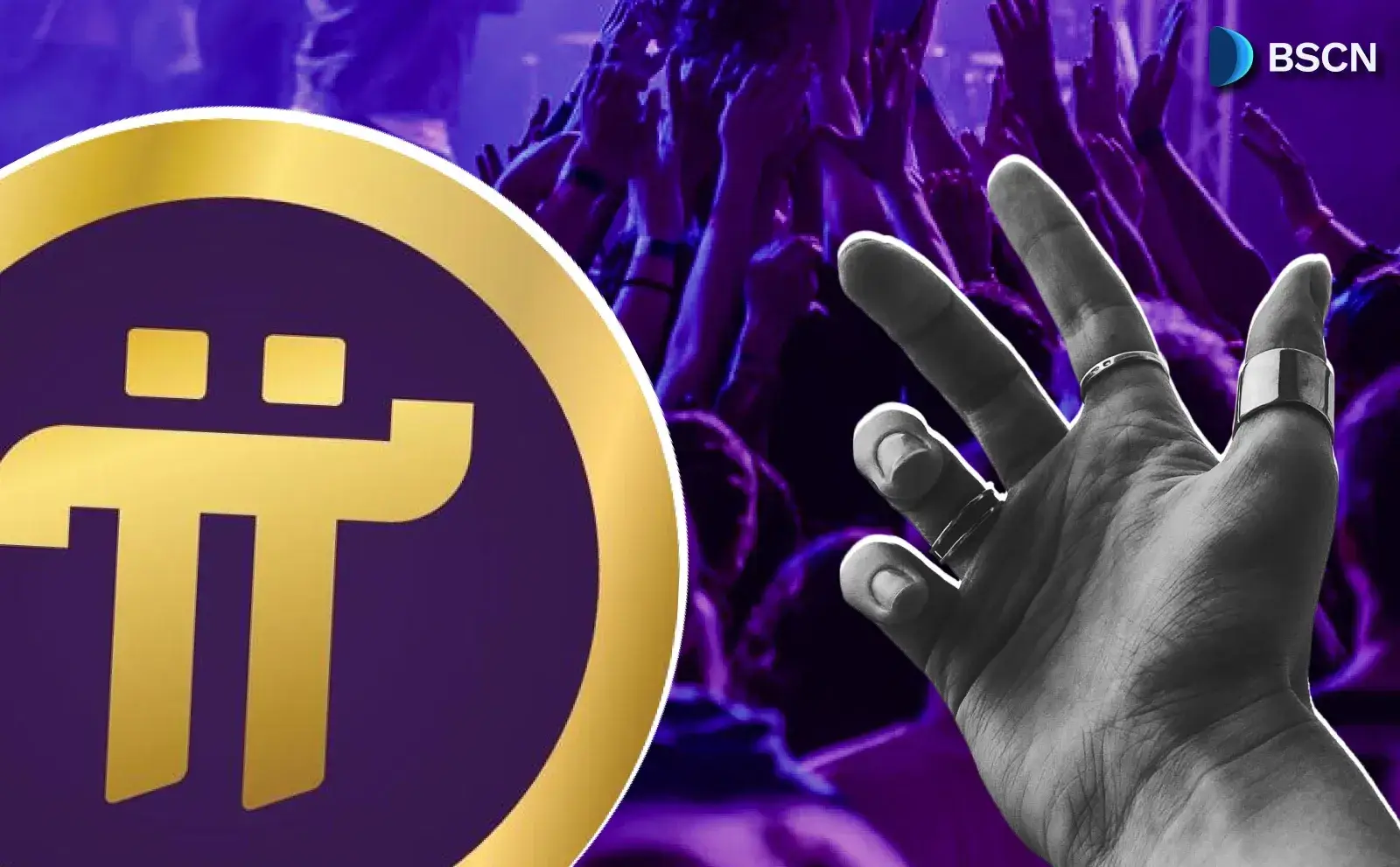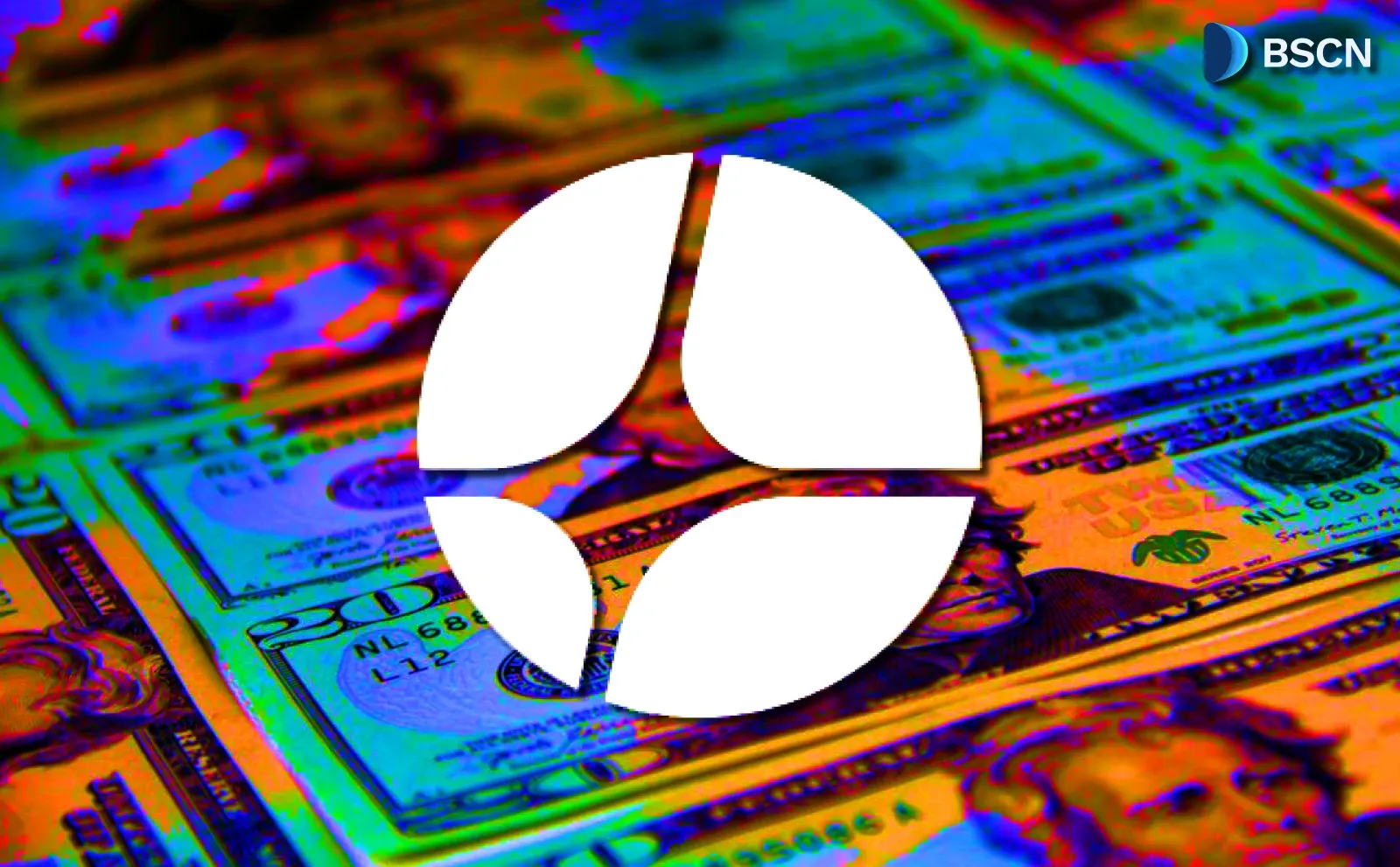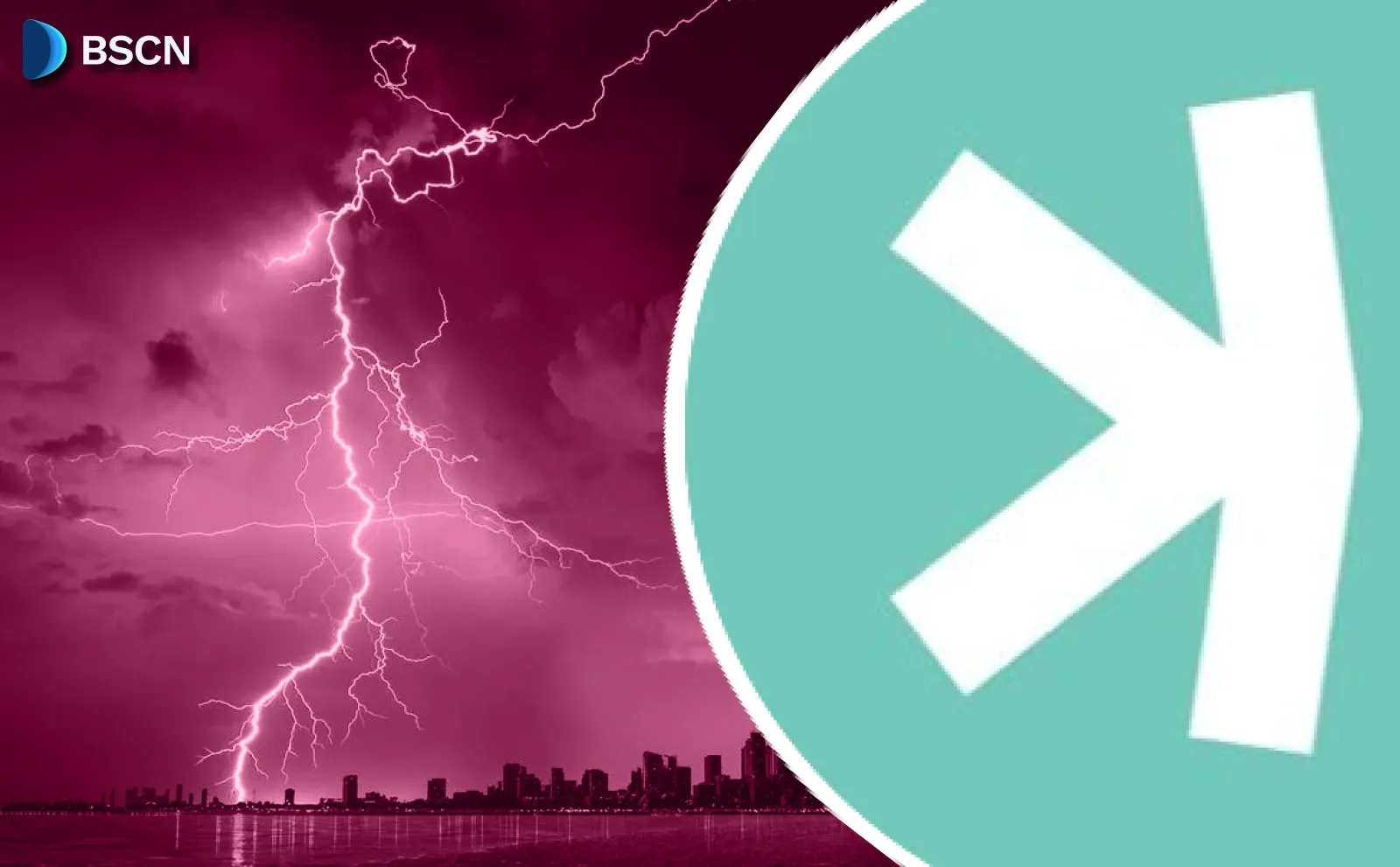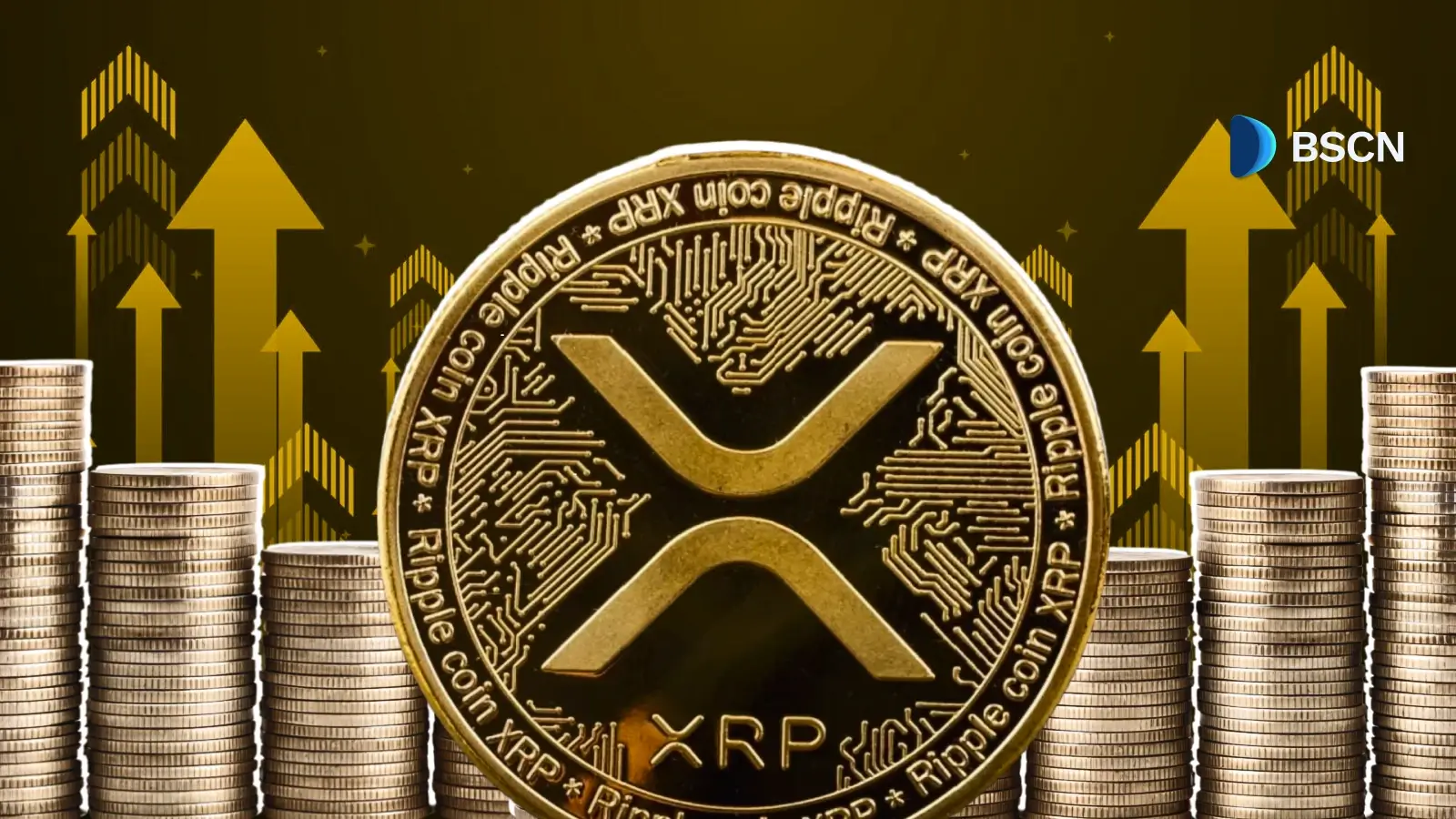Pi Network Releases Node Version 0.5.4: Key Updates and Enhancements

Pi Network's Node version 0.5.4 update fixes mining rewards, enhances open port verification, and improves Pi Desktop accessibility for better reliability.
UC Hope
November 10, 2025
Table of Contents
Following the announcement of its investment in OpenMind, Pi Network has updated its Node software to version 0.5.4, introducing fixes for community-reported issues and new features to improve reliability and user accessibility in the Pi Desktop application.
This release addresses issues from the prior version, enhances Node reward calculations, and improves integration with ecosystem tools, as detailed in the official Pi Network blog post.
What is in the Pi Node 0.5.4 Update?
The Pi Node, now known as Pi Desktop, serves as the central application for Pioneers to manage Node operations, mining activities, and access to development tools such as Pi App Studio. Version 0.5.4 builds on feedback from Node operators who encountered operational challenges in version 0.5.3. The update prioritizes stability in Node mining rewards, which are incentives provided to users running Nodes to support the network's blockchain infrastructure.
"Version 0.5.4 resolves several issues reported by community Node operators in 0.5.3, including problems affecting Node mining rewards, automatic updates, and block container creation," the blog disclosed. These adjustments ensure that Nodes operate more consistently across different hardware and software environments, reducing downtime and errors that could impact reward accrual.
Node mining rewards in Pi Network are calculated based on factors such as uptime, open network ports, and contributions to blockchain validation. The previous version's issues with automatic updates sometimes led to interrupted sessions, while block container creation errors affected how Nodes stored and processed blockchain data. By fixing these, the update helps maintain the integrity of the decentralized ledger that underpins Pi Network's operations.
Improvements to Open Port Verification
A key addition in version 0.5.4 is an enhanced mechanism for verifying open ports on user Nodes. Open ports allow Nodes to communicate with the broader network, facilitating peer-to-peer connections essential for blockchain synchronization and validation. The new system tracks these ports more accurately, which directly influences the calculation of Node bonuses, which represent additional rewards beyond standard mining outputs.
The blog states, "The Node now includes an improved system for tracking open ports on Pioneers’ Nodes. This update allows for more reliable and secure Node bonus calculations. It’s also an essential step towards the larger goal of enabling the migration of Node mining rewards."
In technical terms, open port verification involves checking protocols such as TCP/UDP on specific ports, often using tools built into the Node software. This ensures that Nodes are not only running but actively contributing to network health, such as relaying transactions or participating in consensus mechanisms. For Pioneers, this means fewer instances of reward denials due to misreported port status, fostering greater participation in the network's decentralized structure.
Enabling External Links and User Experience Enhancements
Pi Desktop version 0.5.4 now allows opening approved external links, a feature previously disabled to mitigate security risks. This change allows users to access linked resources directly from the application, such as blog posts announcing updates or educational materials on Pi Network's utilities. Previously, encountering an external link could disrupt the user flow, requiring manual copying and pasting into a browser.
This functionality is particularly useful for integrating updates from the mining app and Pi App Studio, where links to deployment guides or troubleshooting resources are common. By enabling these redirects, the update reduces friction in the user interface, making it easier for Pioneers to stay informed without leaving the Pi Desktop environment.
Additionally, Pi App Studio has been made more accessible. It now appears in the top navigation bar of Pi Desktop, alongside the mining app and Node controls. This repositioning replaces its former placement within the Utilities tab of the mining app, streamlining navigation for developers building on the platform.
A related fix addresses a display issue in Pi App Studio where previews of deployed apps failed to render correctly. This bug, which affected visual confirmation of app functionality before full deployment, has been resolved, enabling developers to iterate more efficiently on their projects.
Upcoming Case Study on Decentralized Computing
Pi Network plans to release a case study on a proof-of-concept project involving Node operators running computations for third parties. This initiative, conducted with OpenMind, tests the network's capacity for decentralized AI training and computing tasks. By leveraging the global distribution of Nodes, the project explores how idle computing resources from Pioneers' devices can be aggregated for complex workloads, such as machine learning model training.
The case study will detail results from this collaboration, providing insights into performance metrics, security protocols, and scalability. This development highlights Pi Network's interest in extending beyond cryptocurrency mining to support decentralized infrastructure for AI and other compute-intensive applications, utilizing the existing Node base without requiring specialized hardware.
Technical Implications for Blockchain Operations
From a blockchain perspective, the enhancements in version 0.5.4 contribute to overall network resilience. Reliable Node operations reduce the risk of forks or ledger inconsistencies, as more Nodes can synchronize more effectively. The open port verification mechanism also adds a layer of security, helping detect and mitigate potential attacks such as port scanning or unauthorized access attempts.
Pi App Studio's improved accessibility encourages more development activity, potentially leading to a richer ecosystem of dApps on the Pi blockchain. The fixed preview issue ensures that app deployments are visually verified, reducing deployment errors and speeding up the development cycle.
External link support, while seemingly minor, enhances interoperability with web-based resources, allowing seamless integration of updates and announcements directly into the user workflow.
Conclusion
The release of Pi Node version 0.5.4 addresses specific operational challenges from the previous version, including fixes for mining rewards, automatic updates, and block container creation, while introducing an improved open port verification system and better access to Pi App Studio. These changes enhance the reliability and usability of Pi Desktop, supporting its role in blockchain maintenance and ecosystem development.
For Pioneers and developers, this update provides a more stable platform for participation, with upcoming insights from the OpenMind collaboration underscoring the network's computational capabilities. Maintaining such iterative improvements is essential for the sustained functionality of decentralized networks like Pi.
Sources:
- Pi Network X post: https://x.com/PiCoreTeam/status/1986516914063994933?s=20
- Pi Network Blog: https://minepi.com/blog/pi-node-0-5-4/
- Pi Node: https://minepi.com/pi-blockchain/pi-node/
Read Next...
Frequently Asked Questions
What are the main fixes in Pi Node version 0.5.4?
Pi Node version 0.5.4 fixes community-reported issues from version 0.5.3, including problems with Node mining rewards, automatic updates, and block container creation, improving overall reliability.
How does the new open port verification work in Pi Desktop?
The update introduces an improved tracking system for open ports on Pioneers' Nodes, enabling more accurate and secure calculations for Node bonuses and preparing for reward migration.
What changes were made to Pi App Studio access?
Pi App Studio is now accessible from the top navigation bar in Pi Desktop, replacing its previous location in the Utilities tab, and a display issue with app previews has been resolved.
Disclaimer
Disclaimer: The views expressed in this article do not necessarily represent the views of BSCN. The information provided in this article is for educational and entertainment purposes only and should not be construed as investment advice, or advice of any kind. BSCN assumes no responsibility for any investment decisions made based on the information provided in this article. If you believe that the article should be amended, please reach out to the BSCN team by emailing [email protected].
Author
 UC Hope
UC HopeUC holds a bachelor’s degree in Physics and has been a crypto researcher since 2020. UC was a professional writer before entering the cryptocurrency industry, but was drawn to blockchain technology by its high potential. UC has written for the likes of Cryptopolitan, as well as BSCN. He has a wide area of expertise, covering centralized and decentralized finance, as well as altcoins.
Crypto Project & Token Reviews
Project & Token Reviews
Comprehensive reviews of crypto's most interesting projects and assets
Learn about the hottest projects & tokens





















